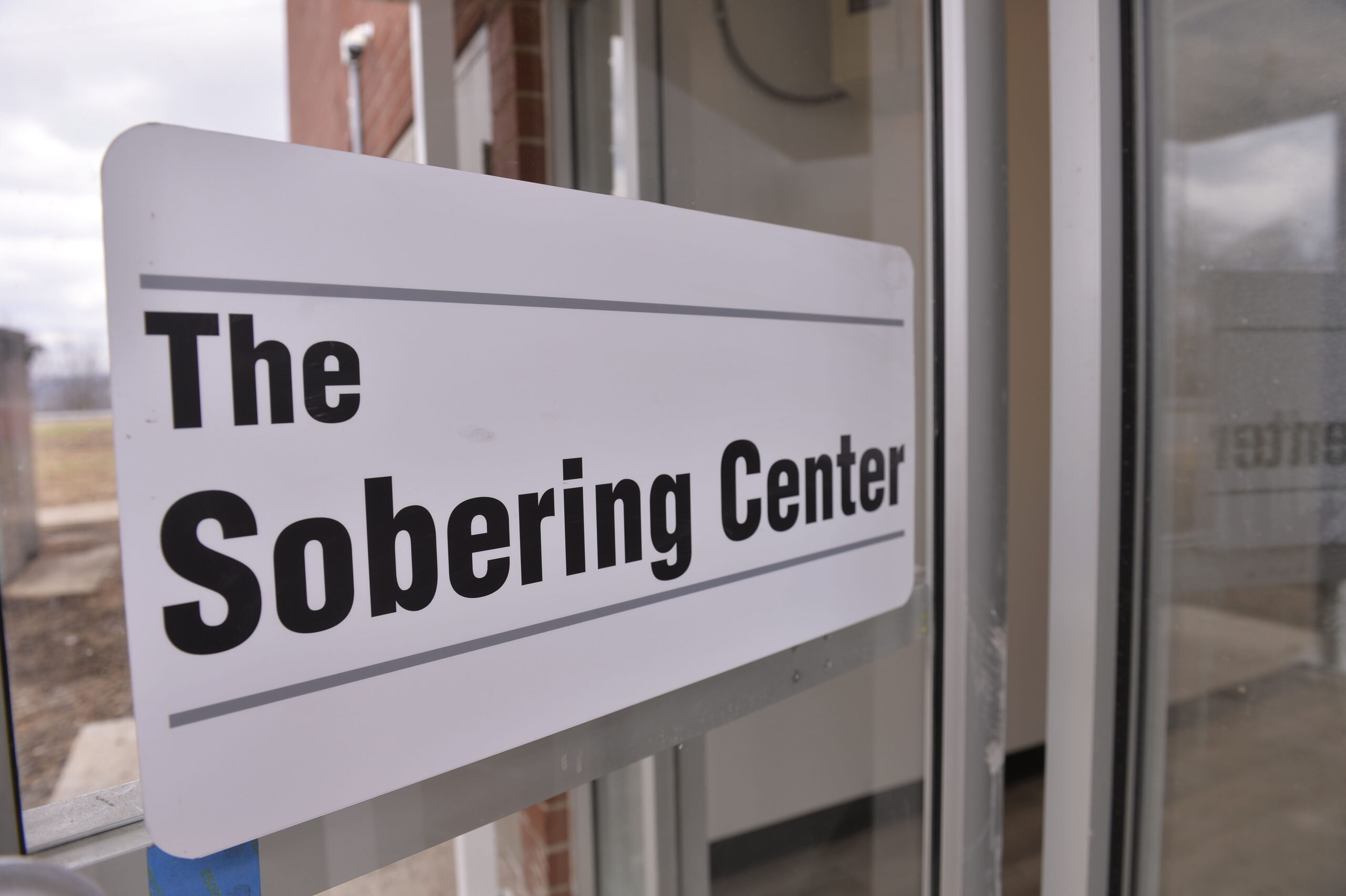MORGANTOWN -— In theory, the Hope Hill Sobering Center couldn’t miss.
It was viewed as the missing piece — the step between letting a visibly intoxicated person fend for themselves or dropping them in an emergency room or, potentially, a jail cell.
It would allow individuals to sober up in a medically supervised setting and get access to recovery services, thereby relieving pressure on first responders and medical facilities in the short term as well as, hopefully, over time.
But it’s been nearly a year since the facility’s October 2022 ribbon-cutting ceremony and the reality is it’s simply not being used.
Deana Morrow, president of the Hope Hill Sobering Center Board of Directors, previously told The Dominion Post the facility took in nine clients in its first two months of operation.
As of Friday — more than eight months later — the number was 22.
“Client activity at Hope Hill Sobering Center has not been as robust as we had hoped and anticipated … despite vigorous outreach efforts from our program managing partner, Ascension Recovery Services,” Morrow said.
Because of this, HHSC is on the clock.
During the HHSC Board of Directors’ August meeting, the body approved a motion stating the facility will be dissolved no later than the Oct. 31, 2024, expiration of its current lease with Hazel’s House of Hope.
Further, the motion states the board should consider offers from other community service organizations interested in the center’s 5,100 square feet before the lease ends.
The city of Morgantown spearheaded the sobering center concept following years of lobbying by former Morgantown Police Chief Ed Preston. Preston explained officers are often left essentially babysitting or ferrying a revolving door of repeat offenders to and from the emergency room.
When $3.5 million in CARES Act funding was awarded in 2020 to transform the former Ramada Inn on Scott Avenue into the social services campus known as Hazel’s House of Hope, the push to make that concept a reality began in earnest.
Since its inception, the city and the county have been the primary funding sources. Both once again put up $100,000 for the facility in the current fiscal year.
Board member and Morgantown City Councilor Danielle Trumble said that money came with an expectation that usage would have to increase.
Trumble said an all-out push to raise awareness of the facility is underway, but Morrow noted the board won’t ask for any more money unless something changes drastically.
“The Center is non-revenue-generating and relies on the investment of our funders. Given the low usage rate of the facility, we cannot in good faith seek additional funding,” Morrow said. “While community and county and city leaders were enthused and hopeful that HHSC would fill a needed gap in the continuum of substance misuse services, the reality is that facility usage and client census is not robust enough to warrant future funding.”
Looking at a breakdown of what agencies are utilizing the facility, WVU Police tops the list with 10 referrals over the last 11 months; Morgantown Police has made seven referrals followed by Bartlett House (2); Mon EMS (1-2); Star City PD (1); and one private referral (friend/family).
Morrow said she believes limited population density as well as staffing issues within area EMS and law enforcement agencies could be holding those numbers down.
The lack of use by Mon EMS comes despite the agency taking the initiative to lobby The West Virginia Medical Policy Care Committee for permission to do so. In January, the MPCC granted Mon EMS a two-year pilot program to transport certain patients to the sobering center instead of a hospital.
Even so, Mon EMS Executive Director and HHSC Board of Directors member Forest Weyen explained, the criteria remain so high it’s simply not an option most of the time.
“This is due to the efforts of the MPCC and Mon EMS to ensure every person transported to the HHSC did not have a bad outcome,” he said. “This creates a bit of a barrier but [it] is there to ensure patient safety. It seems that some of the patients we see have exclusionary criteria which, at this point, makes it unsafe for EMS to transport them to the sobering center. We would need much more data and information before altering those parameters, and we would also need MPCC approval.”
He went on to say the limited hours of availability — 8 p.m.-8 a.m. Thursday through Saturday — have also prevented a very small number of opportunities to use the center.
Despite the limited use, Weyen said he still believes the facility is a great resource for the community.
The Dominion Post reached out to the city/MPD requesting insight as to why HHSC isn’t being utilized to a greater degree by law enforcement, but did not receive a response in time for this report.
Along with Morrow, Trumble and Weyen, Morgantown Police Chief Eric Powell serves on the center’s board of directors as does Morgantown Assistant City Manager Emily Muzzarelli, Monongalia County Commissioner Tom Bloom and Ben Gerber of WVU Hospitals.
TWEET @DominionPostWV




